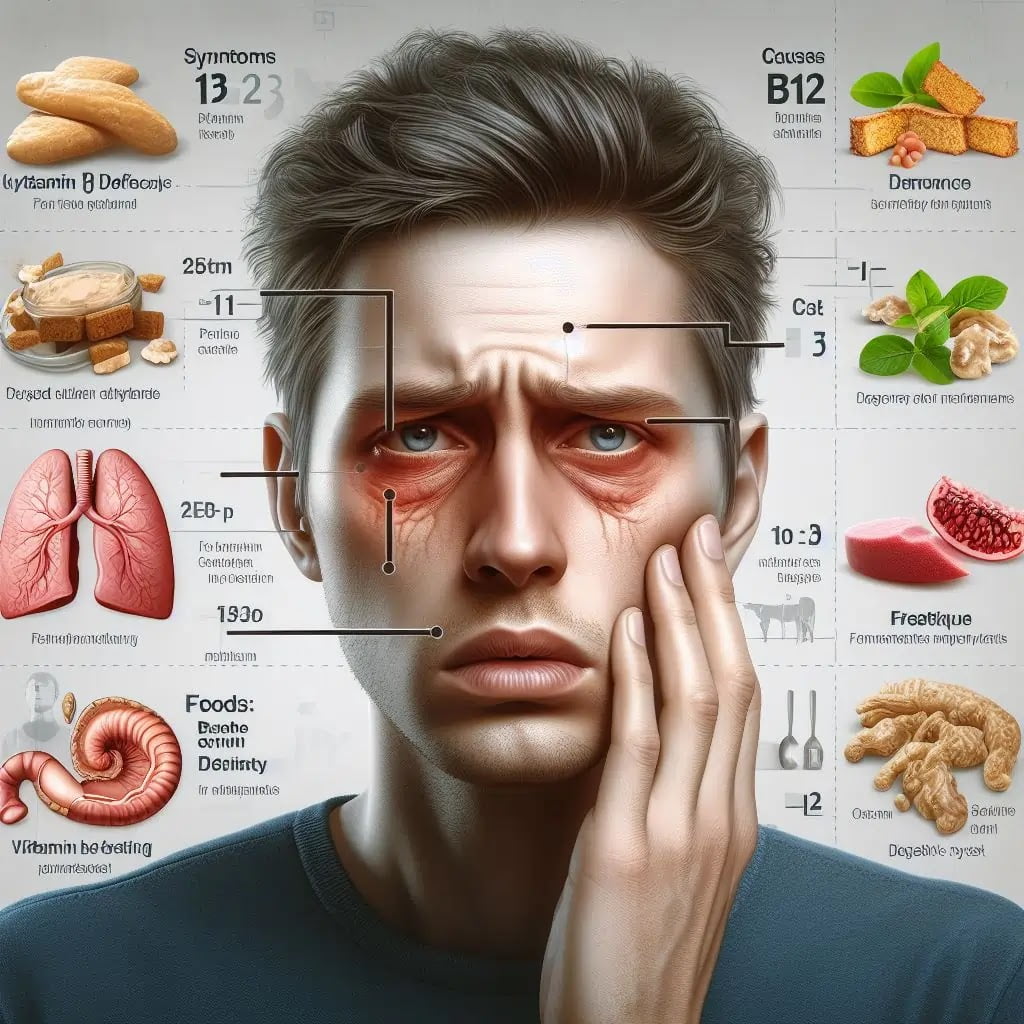Are you tired of seeing your hair fall out, thin, or break? Do you want to have thicker, healthier, and more beautiful hair? If you answered yes, then you are not alone. Many people struggle with hair loss and hair damage due to various factors such as genetics, hormones, stress, diet, and environmental pollution.
Fortunately, there are natural ways to improve your hair growth and health. One of them is using herbs that have been proven to nourish, strengthen, and stimulate your hair follicles. In this article, we will introduce you to seven amazing herbs that can help you achieve your hair goals. Let’s get started!
1. Rosemary
Rosemary is one of the most popular herbs for hair growth and thickness. It has been used for centuries to treat hair loss, dandruff, and scalp infections. Rosemary oil can improve blood circulation to the scalp, which can promote hair growth and prevent hair follicles from shrinking. Rosemary also contains antioxidants and anti-inflammatory compounds that can protect your hair from damage and inflammation.
How to use it: You can massage a few drops of rosemary oil diluted in a carrier oil (such as coconut oil or olive oil) into your scalp and leave it for at least 30 minutes before washing it off. You can also add rosemary oil to your shampoo or conditioner, or make a rosemary rinse by steeping fresh or dried rosemary leaves in hot water and using it as a final rinse after shampooing.
2. Amla
Amla, also known as Indian gooseberry, is a superfood for your hair. It is rich in vitamin C, antioxidants, minerals, and amino acids that can boost your hair growth and health. Amla can also prevent premature graying, reduce hair fall, and improve hair texture and shine. Amla can also balance the pH level of your scalp and fight scalp infections and inflammation.
How to use it: You can apply amla oil or amla juice directly to your scalp and hair and leave it for an hour before washing it off. You can also make a hair mask by mixing amla powder with water, yogurt, or honey and applying it to your hair and scalp. Leave it for 20 to 30 minutes and then rinse it off.
3. Bhringraj
Bhringraj, also known as Eclipta alba, is a traditional Ayurvedic herb that can enhance hair growth and health. It can stimulate hair follicles, increase hair density, and reduce hair loss. Bhringraj can also prevent hair thinning, baldness, and premature graying. Bhringraj can also nourish and moisturize your hair and scalp and improve blood circulation.
How to use it: You can massage Bhringraj oil into your scalp and hair and leave it overnight or for a few hours before washing it off. You can also make a hair pack by mixing Bhringraj powder with water, yogurt, or aloe vera gel and applying it to your hair and scalp. Leave it for 15 to 20 minutes and then rinse it off.
4. Lavender
Lavender is a fragrant herb that can soothe your senses and your scalp. Lavender oil can promote hair growth by increasing the number and depth of hair follicles. Lavender can also reduce stress, which is a common cause of hair loss. Lavender can also prevent scalp infections, inflammation, and itching and improve hair quality and shine.
How to use it: You can massage a few drops of lavender oil diluted in a carrier oil (such as jojoba oil or almond oil) into your scalp and hair and leave it for an hour or overnight before washing it off. You can also add lavender oil to your shampoo or conditioner, or make a lavender rinse by steeping fresh or dried lavender flowers in hot water and using it as a final rinse after shampooing.
5. Ginseng
Ginseng is a powerful herb that can boost your hair growth and health. Ginseng can stimulate hair follicles, increase blood flow to the scalp, and activate the growth factors that are responsible for hair growth. Ginseng can also prevent hair loss by inhibiting the enzyme that causes hair follicles to shrink. Ginseng can also nourish and strengthen your hair and scalp and improve hair elasticity and thickness.
How to use it: You can apply ginseng oil or ginseng extract to your scalp and hair and leave it for 30 minutes before washing it off. You can also take ginseng supplements or drink ginseng tea to enhance your hair growth from within.
6. Peppermint
Peppermint is a refreshing herb that can invigorate your hair growth and health. Peppermint oil can increase blood circulation to the scalp, which can stimulate hair growth and prevent hair loss. Peppermint can also cleanse and refresh your scalp and hair and remove excess oil, dirt, and impurities. Peppermint can also soothe scalp irritation, inflammation, and itching and add a pleasant aroma to your hair.
How to use it: You can massage a few drops of peppermint oil diluted in a carrier oil (such as coconut oil or olive oil) into your scalp and hair and leave it for 15 to 20 minutes before washing it off. You can also add peppermint oil to your shampoo or conditioner, or make a peppermint rinse by steeping fresh or dried peppermint leaves in hot water and using it as a final rinse after shampooing.
7. Fenugreek
Fenugreek, also known as methi, is a versatile herb that can enhance your hair growth and health. Fenugreek seeds are rich in protein, iron, vitamin C, and other nutrients that can nourish and strengthen your hair and scalp. Fenugreek can also prevent hair loss, hair thinning, and hair breakage by repairing the hair follicles and enhancing the hair shaft. Fenugreek can also add volume, shine, and softness to your hair and prevent dandruff and scalp infections.
How to use it: You can soak fenugreek seeds in water overnight and then grind them into a paste. Apply the paste to your scalp and hair and leave it for 30 to 45 minutes before washing it off. You can also boil fenugreek seeds in water and use the water as a hair rinse after shampooing.
Conclusion: Herbs For Hair Growth
These are some of the best herbs for hair growth and health that you can try right now. By incorporating these herbs into your hair care routine, you can improve your hair growth and health naturally and effectively. Remember to do a patch test before using any new herb or oil on your scalp and hair to avoid any allergic reactions. Also, consult your doctor before taking any herbal supplements, especially if you have any medical conditions or are pregnant or breastfeeding. We hope you enjoyed this article and found it helpful. Happy hair growing!
FAQs
Q: What are the best herbs for hair growth and thickness?
A: Some of the best herbs for hair growth and thickness are rosemary, Bhringraj, fenugreek, ginseng, and peppermint. These herbs can stimulate hair follicles, improve blood circulation, nourish and strengthen hair, and prevent hair loss and damage.
Q: How can I use Ayurvedic herbs for hair growth?
A: Ayurvedic herbs for hair growth can be used in various forms, such as hair oils, ointments, creams, gels, or powders. You can apply them directly to your scalp and hair, or mix them with water, yogurt, honey, or aloe vera gel. You can also consume them as supplements or teas.
Q: How often should I use herbs for hair growth?
A: The frequency of using herbs for hair growth depends on your hair type, condition, and preference. Generally, you can use them once or twice a week, or as needed. However, you should always do a patch test before using any new herb or oil on your scalp and hair to avoid any allergic reactions.
Q: Are there any side effects or risks of using herbs for hair growth?
A: Herbs for hair growth are usually safe and natural, but they may still cause some side effects or risks for some people. These may include allergic reactions, scalp irritation, dryness, or oiliness. Some herbs may also interact with certain medications or medical conditions, so you should consult your doctor before using them, especially if you are pregnant, breastfeeding, or have any health issues.
Q: How long does it take to see results from using herbs for hair growth?
A: The results from using herbs for hair growth may vary depending on your hair type, condition, and the herbs you use. Some people may see results in a few weeks, while others may take months or longer. It is important to be patient and consistent with your hair care routine, and also maintain a healthy diet and lifestyle.








